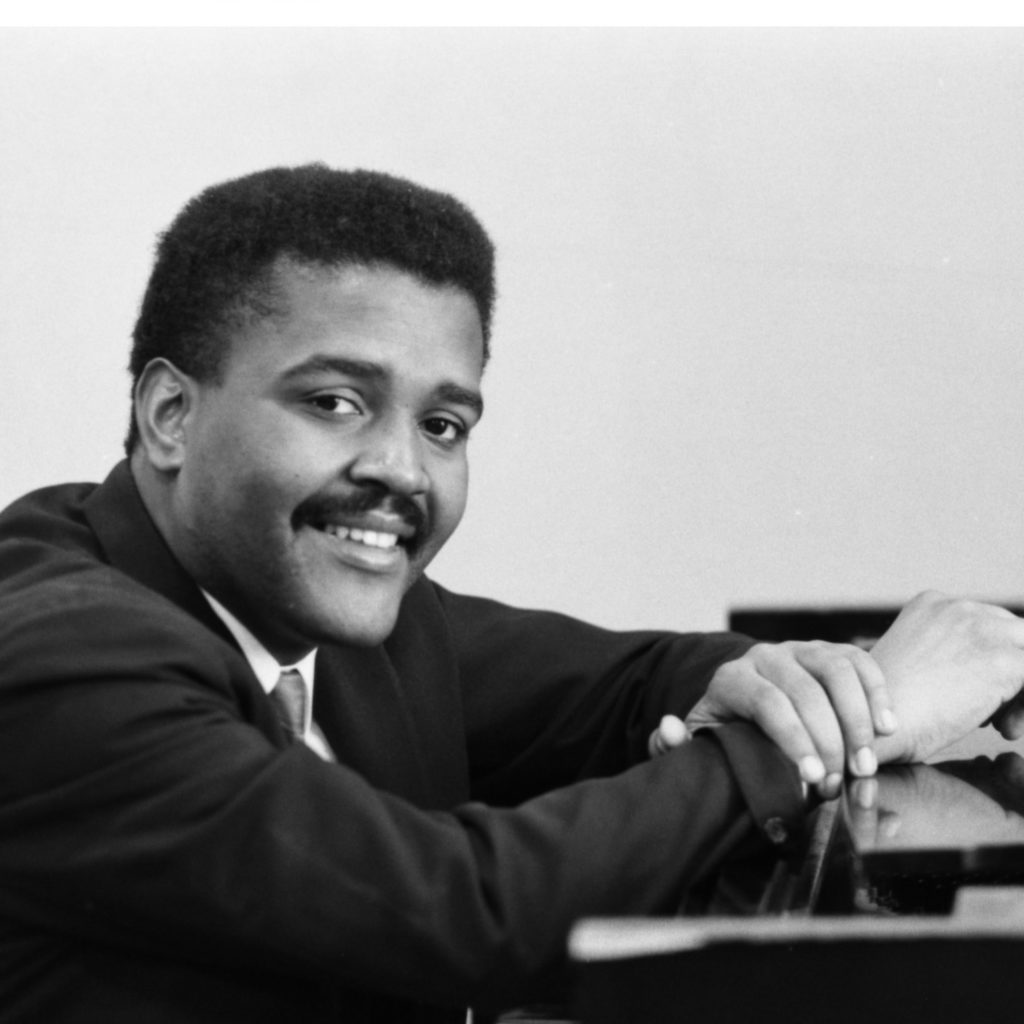Oops!
I’ve been writing these Dr. Bob Prescribes posts since August 6, 2018. I have only now realized that I have not yet featured the pianist Ray Bryant (1931-2011).
OMG. It’s time to address and make good on that oversight!
What made the light go off in my head regarding Ray Bryant was the act of preparing yesterday’s Music History Monday post about Elton John and Bernie Taupin. As we observed in that post, Elton John is a classically trained pianist who has used his pianistic skill to master a wide range of decidedly non-classical piano styles, including rock ‘n’ roll, blues, and gospel.

One of the many songs I listened to in preparing yesterday’s post was Elton John’s and Bernie Taupin’s Take Me to the Pilot (recorded in 1970). As lyrics go, Bernie Taupin’s makes about as much sense as John Lennon’s words to I Am the Walrus. (Lennon later confessed to writing the Walrus’ nonsense lyrics when he learned that many Beatles fans were actually analyzing the band’s lyrics as serious poetry!)
Anyway, Taupin’s lyrics for Take Me to the Pilot are out there, way out there. In 2005, Elton John confessed that regarding those lyrics:
“in the early days, there were a lot of inquiries about ‘what does this song mean? What does thatsong mean?’ and in the case of ‘Take me to the pilot/Lead me through the chamber/Take me to the pilot/I am but a stranger,’ I [still] have no idea! You’re on your own, I tell you.”
Thank you, Elton; that was most helpful.
Lyricist Bernie Taupin is no more helpful in explaining what his own words mean. He has admitted to having no idea what his lyrics represent, comparing his writing style in Take Me to the Pilot to poets like:
“Baudelaire and Rimbaud who just threw things together and went ‘Wow! That sounds good.’”
(Bernie Taupin is being, perhaps, a tad bit too kind to himself in this comparison. With no disrespect intended, one might suggest that he simply wrote the words while under the influence of a non-prescription pharmaceutical.)
Whatever it means (or doesn’t mean; or should mean; or might mean), Taupin’s lyric for Take Me to the Pilot inspired Elton John to write one of his funkiest, most gospel-inspired songs. John’s performance linked below was broadcast live on BBC TV on May 22, 1970.
Gospel Music
The term “Gospel music” is applied to a wide variety of Christian Protestant music, going back to hymns composed in the 1760s and 1770s by such English Anglican musicians as John Newton (1725-1807, who wrote Amazing Grace) and Augustus Toplady (1740-1778, who composed Rock of Ages). However, the sort of Gospel music we are concerned with is that of the Black American Pentecostal movement. Black American Gospel music synthesized the elements of traditional gospel, spirituals, blues, and ragtime into an utterly unique, only-in-America art form that must be considered among the most viscerally exciting and joyful bodies of music ever created.
Elton John’s Take Me to the Pilot is an example of a white Brit adopting the elements of Black American gospel music to create what is – in my opinion – a great song.

But now it’s time to acknowledge the real thing, the real deal, a Black American pianist steeped from birth in the tradition of Black American Gospel music: the entirely extraordinary Ray Bryant (1931-2011).
The Englishman Elton John can serviceably perform in a Gospel style. But the American pianist Ray Bryant, born in Philadelphia on December 24, 1931, is indeed the real deal: someone who grew up in the Pentecostal church and for whom gospel music (and blues and boogie-woogie) was, from the very first, the root of his musical soul.…
Continue reading, only on Patreon!
Become a Patron!